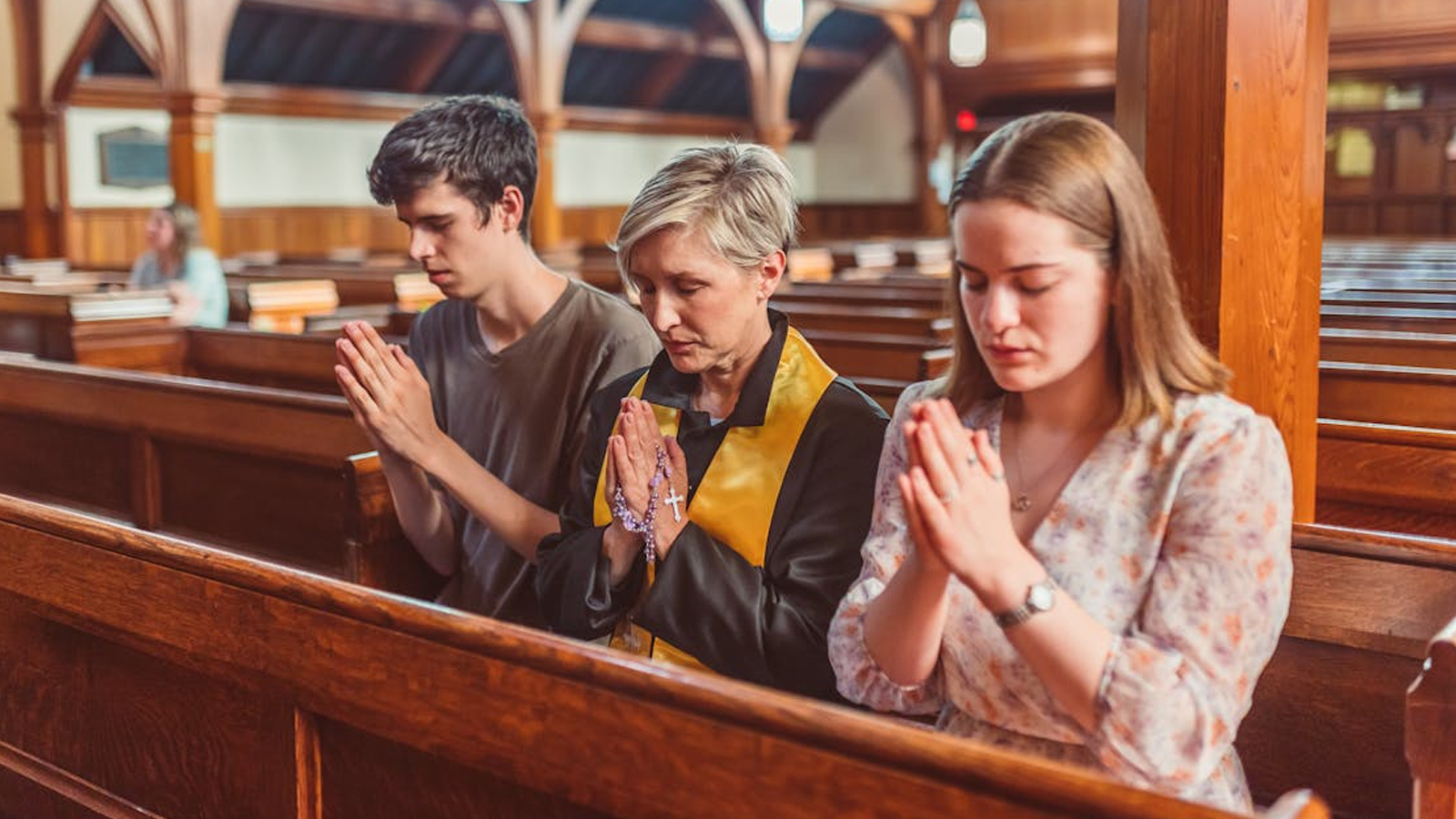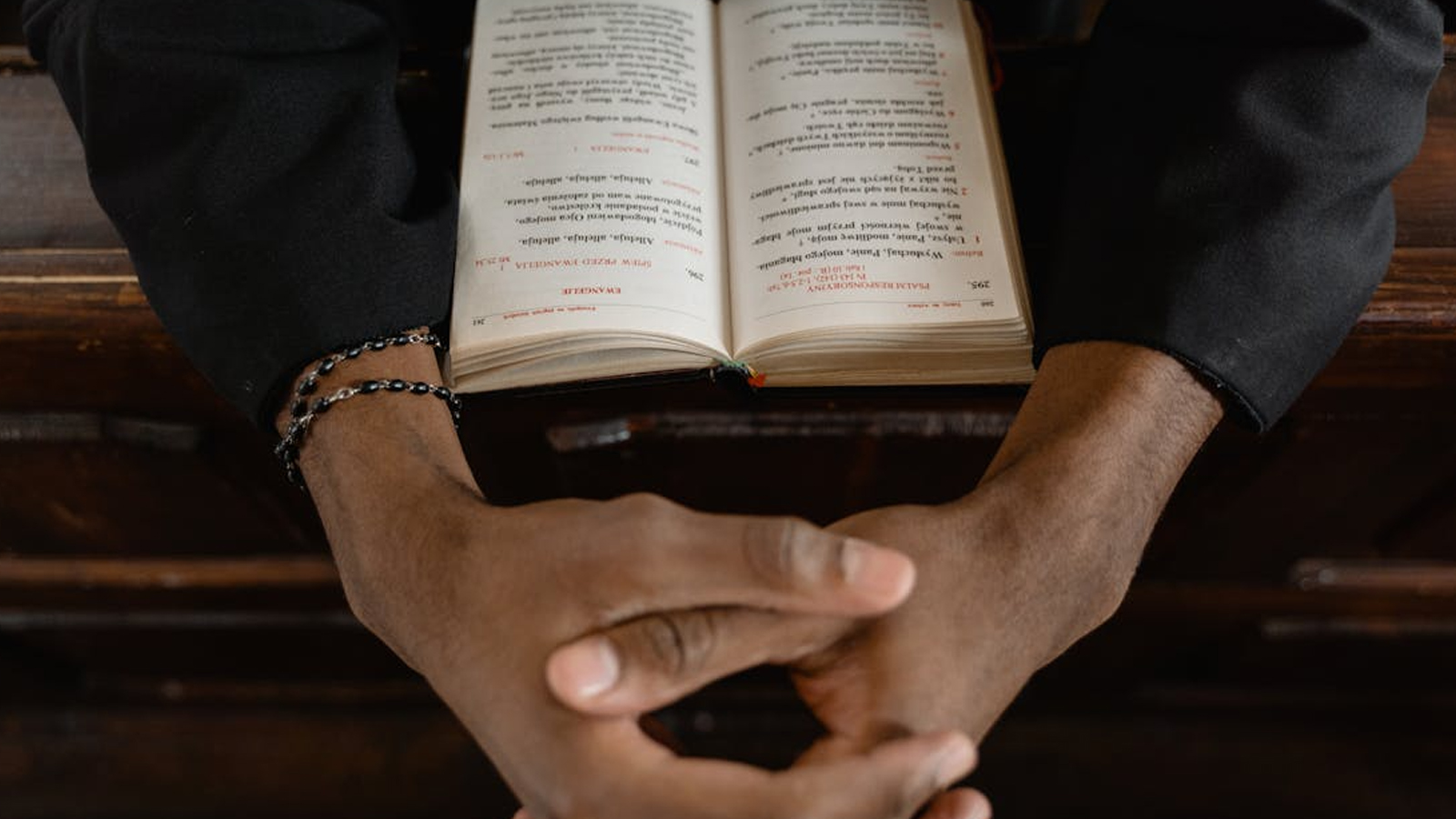 The weekly schedule. Monday, Tuesday, work all day, Tuesday night bible study, Wednesday, Thursday Friday, back to the grind, Saturday, try to get back on track, doing errands, seeing the family, Sunday, church in the morning, last minute things before the week starts in the afternoon, Monday, Tuesday, work all day, Tuesday night bible study…
The weekly schedule. Monday, Tuesday, work all day, Tuesday night bible study, Wednesday, Thursday Friday, back to the grind, Saturday, try to get back on track, doing errands, seeing the family, Sunday, church in the morning, last minute things before the week starts in the afternoon, Monday, Tuesday, work all day, Tuesday night bible study…
I can get stuck in the pattern of the week, and my faith can so easily get stuck in as just a couple parts in the weekly schedule, meetings to attend and cross off the to-do list. No wonder it’s hard to remain passionate about the things of God.
A few years ago, I was still a pretty new patrol officer. I loved working patrol, but I had dreams of moving up to detectives. At my agency, everyone is given a primary assignment, but we can optionally interview to be considered for collateral assignments. A primary assignment is your regular, 40-hour-a-week job. At that time, my primary assignment was patrol. A collateral assignment is a side job that is worked in addition to your primary assignment. Essentially an extra, part-time position.
As a new officer, I knew I lacked two important things: Training and Experience. Everything in law enforcement is gained through these two areas. I figured I could off-set the lack of training by simply going to additional training courses, and my agency was open to allowing me to go to additional schooling. But experience was a much harder thing to get. Experience requires time. But I was an impatient young officer, I didn’t want to wait for experience to come. I thought of collateral assignments as a way to grow my experience in various areas. So, I took on 4 collateral assignments in additional to my regular patrol duties. I wanted to immerse myself in all types of police work.
I was hungry for the experience, I wanted to be the “go-to” guy on these collateral teams.
Over time, even though I was excited by the new opportunities, I noticed I had a different outlook. After a year or so, it seemed hard to get excited about the investigative work.
When I worked patrol, I was always very excited to go to work. I would look forward to the work week starting the day before. When I was driving to work I would feel a certain sense of excitement. I think it’s because when I was on patrol I never knew what I was going to face each night. I knew the work might expose me to danger, but I also knew it would expose me to adventure. I would always wonder what I would get to experience each night. Would I come into contact with seasoned criminals? Would The suspects be cooperative or try to fight? Was the night going to be spent taking reports or chasing bad guys? I would get excited about the upcoming shift. I had an elevated sense of enthusiasm.
When I stopped engaging suspects “face to face,” I started to feel more and more distant from the work I was doing. I was still interested in the work, still liked my job, still wanted to work hard, but the loss of the “hands-on” component made everything seem so much less real. It was hard to feel the same level of excitement about my work.
I don’t know if this is just something about my personality, but I notice it not only in my approach to work, but in my approach to my faith too.
I was really lucky to grow up in a very active youth group. In my high school years, my youth group was constantly involved in acts of service, big and small. But the biggest events each year, essentially the “winter camp” and ”summer camps” were evangelical trips to UC Berkeley and Salt Lake City. My youth group had a routine, each year before the big trips we would spend every Sunday for several weeks studying and preparing to evangelize in these areas. We would study what we believed, the Bible, theology, Christian history, Christian philosophy, and we would study things we thought the people we would be trying to reach believed, philosophical naturalism, Mormonism, and any objections they might have to Christianity. Even though we were studying each week in preparation, the studying felt more “real” than if we were simply reading a book. And I think that was partly out of anxiety over what we knew was coming: soon we were going to be face to face with real people talking about these huge, weighty, and often emotional issues, with only, you know, the salvation of the other person’s soul hanging in the balance! I didn’t want to look foolish, and most of all, as a representative of the Christian faith to these non-believers, I didn’t want to make God look foolish, or make his people look foolish. No pressure, right?!
Then we would go out on these trips, walk up to total strangers, and engage them in discussions of faith and Christianity. We would meet with professors and experts in other worldviews, who had been studying these issues their whole lives, and we would try to talk to them about these issues and show them the truth of the Gospel. It was an intense experience.
In some ways, as I went into these experiences I felt much like I would later feel when I was driving in to work; I would feel a sense of nervous excitement as I thought about what I would face: what objections would I hear to my faith? Would the people be kind and conversational, or combative and argumentative?
After each day of evangelism, I would think back about the conversations I had. Did I do a good job? What were my areas of strength? What areas did I feel I needed to improve on. Even though it was “over” I was still just as excited to think about the work of the day.
I felt just the same when I would drive home from a patrol shift. Had I practiced proper officer safety techniques? Was there a way to identify or capture the suspects more quickly the next time? Was there something we could do to discourage crime from occurring in the first place?
Over time I graduated from the youth group and I attended various churches as I moved around to different areas of LA county. I became much more of a church-attender. What I mean by that is, my main acts of worship toward God were my attendance at Sunday or midweek services or bible studies. I might also get in some quiet time during the week reading the bible or a Christian book and praying. All very good things, don’t get me wrong, but I went from an active evangelist (maybe you might even say missionary) to a more passive role in my walk with God. My experience of faith became more hands-off, something that occurred in the realm of my mind or heart, but not as much “hands-on” as when I was younger.
Recently, I was walking to the laundry room of our apartment to take some clothes down there and ran into a couple Mormon missionaries who were knocking on my neighbor’s door. There was a selfish part of me that didn’t really want to talk to them, but they saw me and I knew they’d seen me see them, so I went over and struck up a conversation with them.
I figured it was probably a God thing, since I knew a good amount about their faith and had experience sharing my faith with Mormons, I knew what God wanted me to do in that moment. Even if I was somewhat reluctant.
We talked briefly about our approaches to faith. I shared the Gospel briefly with them and we talked about our differing views on the sin in our lives and what needs to be done about it. Then they took my telephone number and left. I wasn’t sure if they were just being nice taking my number (they had left in a hurry) but they ended up texting me and we set up a time they could come over to the house to talk.
The week before they came over, I thought constantly about the coming conversation. It took me back to the past, I suddenly felt that same nervous energy, I wanted to make sure I was a good representative of God. I didn’t want to let him down.
That week I started thinking daily about issues surrounding the Gospel, the reliability of scripture, the theology of the new testament, everything. I thought more about issues of faith that week than I had in a long time.
When we finally met we had a great conversation. Beyond how well I quote-unquote “performed,” what struck me was how much I ENJOYED the meeting. It was the most exciting conversation I had in a while. In some ways, it wasn’t about me ministering to the Mormons, but about God growing me in my own faith and walk with him.
I’m meeting with the same guys this coming week.
I’ve learned a valuable lesson about what was missing in my walk. I had gotten away from the hands-on aspects of my faith, and was missing out on chance to not only reach the lost, but grow my own walk with God.
I don’t know if everyone else is like me, or even that they should be, but I want to encourage you. Look at ways to have that hands-on faith, even if it’s uncomfortable. God not only wants to use you to reach and minister to others, but he wants to remind you how deep your walk with him can be. Look for ways to have a hands-on faith, even if it’s uncomfortable. God not only wants to use you to reach and minister to others, but he wants to remind you how deep your walk with him can be. Share on X
 For more information about the nature of Biblical faith and a strategy for communicating the truth of Christianity, please read Forensic Faith: A Homicide Detective Makes the Case for a More Reasonable, Evidential Christian Faith. This book teaches readers four reasonable, evidential characteristics of Christianity and provides a strategy for sharing Christianity with others. The book is accompanied by an eight-session Forensic Faith DVD Set (and Participant’s Guide) to help individuals or small groups examine the evidence and make the case.
For more information about the nature of Biblical faith and a strategy for communicating the truth of Christianity, please read Forensic Faith: A Homicide Detective Makes the Case for a More Reasonable, Evidential Christian Faith. This book teaches readers four reasonable, evidential characteristics of Christianity and provides a strategy for sharing Christianity with others. The book is accompanied by an eight-session Forensic Faith DVD Set (and Participant’s Guide) to help individuals or small groups examine the evidence and make the case.
Detective Jimmy Wallace (J. Warner’s son) is a Police Investigator in Los Angeles County, a Christian Case Maker, host of the Incarnate Investigation Podcast and Incarnate Investigation Video Series (featured at ColdCaseChristianity.com).



























Jen
January 19, 2022 at 10:07 pm
Hi Jimmy,
I wanted to thank you for your article. I have been studying information pertaining to interactive faith in Jesus Christ. Your article helped me interpret “interactive/hands on”. Thank you for the examples you shared!
As a member of The Church of Jesus Christ of Latter-day Saints a.k.a. “The Mormons”, growing my faith in our Savior is essential and I am excited about some of the thoughts and ideas that have formed after reading your article.
Thank you,
Jen Wiberg